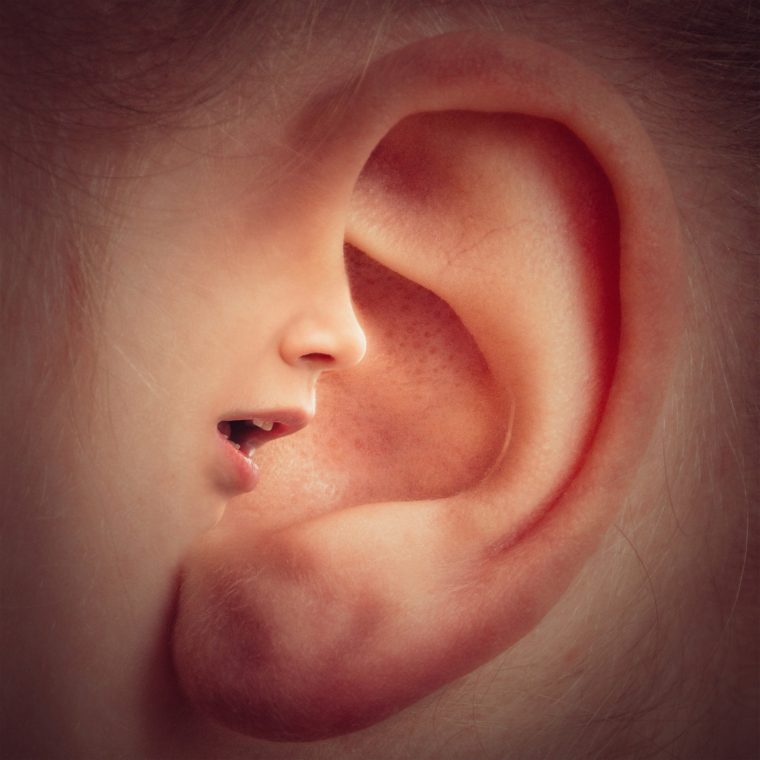When you consider the vast advancements that have been made in science and technology, and the multiple methods for accessing information, it is fair to say that schools and institutes of learning insist on using, as Dean Bragonier puts it, “the most archaic form of educational media.”

If dyslexia is considered a different way of thinking rather than a disadvantage; if the different patterns of strengths and challenges are kept in mind; if as much importance is placed on those strengths as their difficulties; then early intervention and continued support would be made a priority.
Imagine a world where the thinking skills that dyslexics excel at are used to prepare them to contribute to their communities and the world. What would be the possibilities?
You may be wondering what those skills are. Here are they:
- Visualizing
- 75% of dyslexics are above average.
- Imagining
- 84% are above average.
- Communicating
- 71% are above average.
- Reasoning
- 84% are above average.
- Connecting
- 80% are above average.
- Exploring
- 84% are above average.
After many years of struggle, usually, with very little significant support, many dyslexics gravitate to career paths that cater to their preferred way of thinking.
In my previous article, I cited some data from Dr. Gershen Kaufman. Here’s some more:
- 35% of all entrepreneurs are dyslexic.
- 40% of self-made millionaires are dyslexic.
- Over 50% of NASA engineers are dyslexic.
In his autobiography, Nicholas Negroponte, founder of the MIT Media Lab and the One Laptop per Child Association, called dyslexia the MIT disease because of how common it is among students on the campus of the Massachusetts Institute of Technology (MIT).
If you’re not already familiar with the world of dyslexia, it’s time to educate yourself about it and encourage every teacher and educator to do the same. After all, if one in five children are dyslexic, there is at least one child in every class who can be identified with dyslexia.
What are you willing to do to support the movement to reshape the teaching industry in the area of dyslexia?









